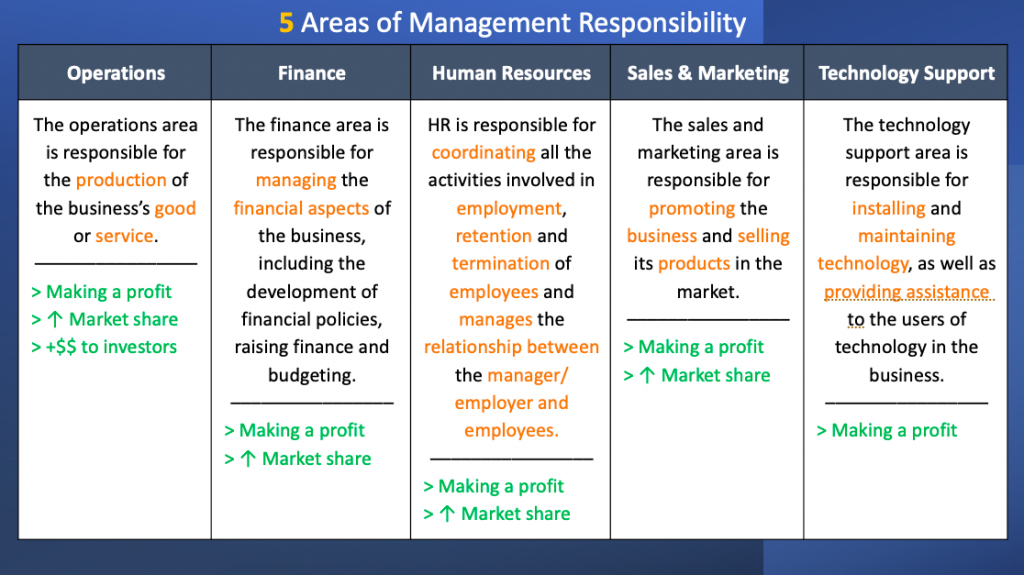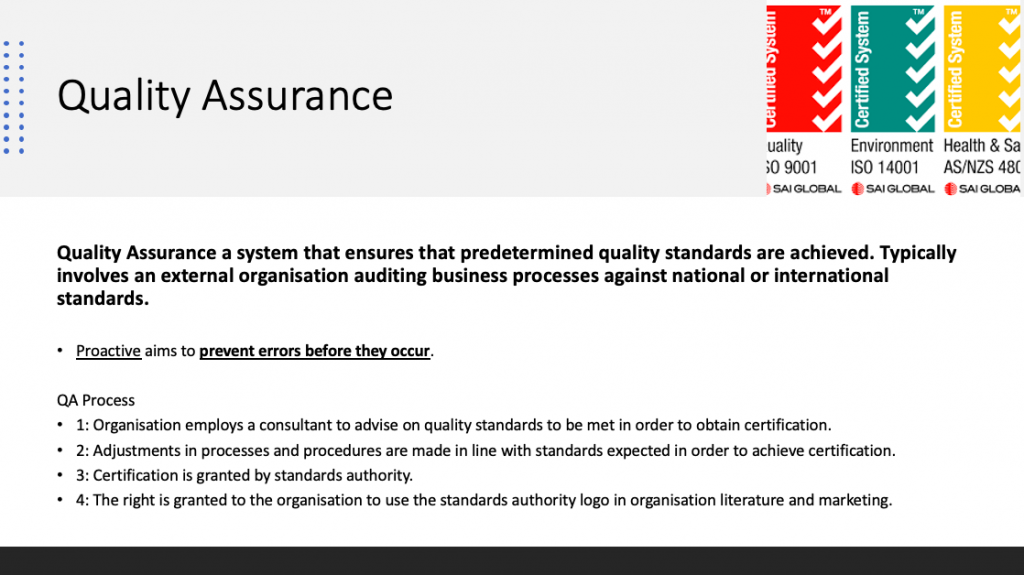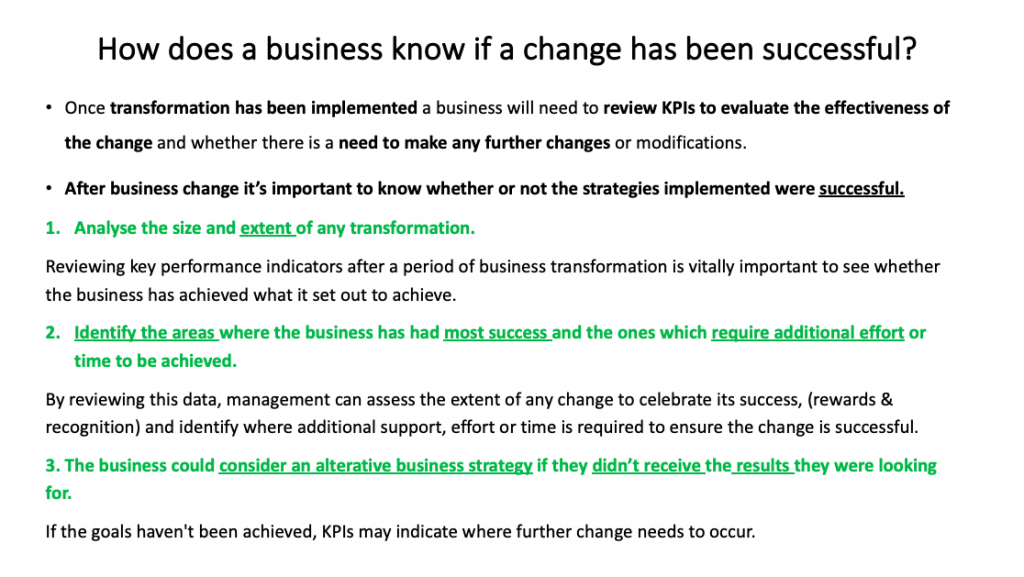VCE Business Management Unit 3 and 4 AOS Revision (Grade A+)
Summary:
The Business Management U3/4 Revision covers various topics related to business management. It includes information about different business structures, such as sole proprietorship, private and public companies, and partnerships, highlighting their advantages and disadvantages. The concept of stakeholders and corporate social responsibility is also discussed.
The revision material delves into the different areas of management responsibility, including operations, finance, human resources, sales and marketing, and technology support. Each area’s role in achieving business objectives is explained.
The revision material explores different management styles, such as autocratic, consultative, participative, selling, and laissez-faire, and discusses their advantages and disadvantages. It also covers communication, leadership, interpersonal skills, planning, delegating, and decision-making as essential management skills.
The revision material provides an overview of performance management, including management by objectives and performance appraisal. It explains the importance of goal setting, the use of employee self-evaluation and observation, and the role of termination management in handling employee exits.
Different types of training, both on-the-job and off-the-job, are discussed, highlighting their advantages and disadvantages. The revision material also touches on the role of human resource managers and the relationships between employers, employer associations, unions, and the Fair Work Commission.
The revision material concludes with information about awards and enterprise agreements, their similarities and differences, and their advantages and disadvantages. Dispute resolution methods, including grievance procedures, mediation, and arbitration, are explained.
Overall, the revision material provides a comprehensive overview of various aspects of business management, including different management styles, skills, and responsibilities, as well as the importance of stakeholder engagement, corporate social responsibility, and effective communication in achieving business objectives.
Excerpt:
VCE Business Management Unit 3 and 4 AOS Revision
…
• Corporate culture is the shared values and beliefs of those within an organisation
• Official corporate culture is the formal guidelines determined by the owners and managers/desired values and beliefs
• Real corporate culture is the actual practices and behaviours that occur within a business
Strategies for development
- Rewarding employees who exhibit desired values
- Staff training to reflect the values of the business
- Changing management style
- Recruiting like-minded staff
- Changing the style of dress and language used
- Communicating desired values






Reviews